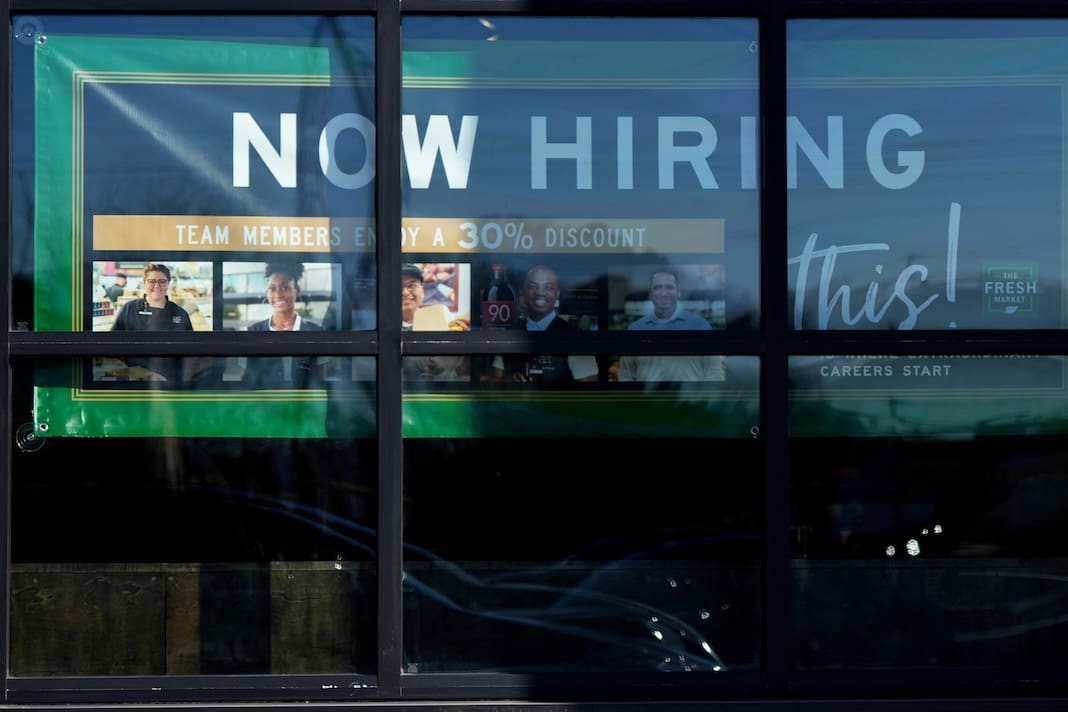Michigan Joins Multistate Lawsuit Against U.S. Department of Energy Over Funding Policy
In a collective legal action, Michigan has aligned with over a dozen other states to challenge a recent directive from the U.S. Department of Energy. This directive, issued in May, has sparked controversy due to its implications for state-managed energy efficiency initiatives.
At the heart of the dispute is federal funding that assists states in administering their energy efficiency programs. Typically, federal agencies cover some of the indirect expenses associated with these programs, such as personnel and administrative costs.
Historically, states and the federal government have negotiated these reimbursement rates. If no agreement is reached, states could charge up to 15% of the total project award for indirect costs, as per existing regulations. However, the new Energy Department directive has set a maximum cap of 10% on these costs.
The Energy Department stated in the policy announcement, “This policy will better balance the Department’s twin aims of funding meaningful financial assistance programs to stimulate a public purpose, such as improved infrastructure or technology deployment, and upholding its fiduciary Federal Stewardship obligations to the American people.”
States involved in the lawsuit contend that this new cap jeopardizes essential programs. Their lawsuit claims the cap contravenes federal regulations by restricting allowable fringe costs and disregarding previously negotiated rates.
The legal complaint highlights, “The Policy Flash does not explain its substantial change from current practice, which awards indirect costs at the negotiated rate and fringe according to settled accounting principles. Nor did it consider the serious administrative complexities that would arise from the Policy Flash.”
In response, the Energy Department clarified that the policy modification pertains solely to “new or conditional awards,” specifically those where “negotiations are not yet complete and/or the Award has not been executed.”
Nonetheless, the lawsuit argues that the department failed to fulfill all necessary requirements for such changes, as indirect cost rates must be established at the start of the award process.
—
Read More Michigan News










